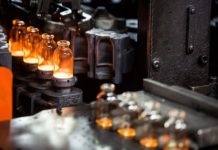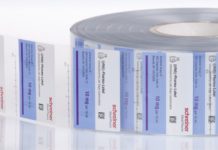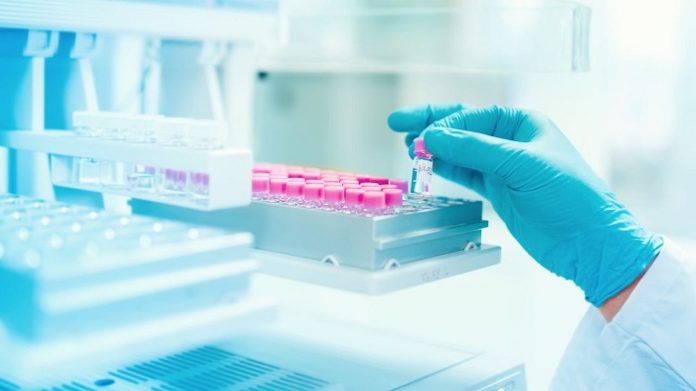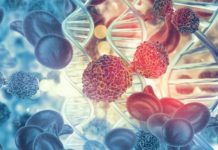Ankyra Therapeutics, a biotechnology company developing cancer therapies based on localized cytokines that prime a systemic adaptive immune response, and Lonza announced a collaboration to manufacture Ankyra’s cytokine-based immunotherapy for cancer patients. Lonza will provide cell line optimization and stability assessment, process development, and drug substance and drug product manufacture for clinical supply. Due to the nature and complexity of Ankyra’s product, Lonza has tailored the analytical work, process development, and downstream processing to meet Ankyra’s technical specifications and timeline.
The clinical success of cytokines and other immune agonists has been limited by on-target, off-tumor toxicity leading to narrow or non-existent therapeutic windows. Intratumoral (IT) administration can expand this therapeutic window, but most drugs injected IT quickly diffuse out of the tumor limiting efficacy and increasing systemic toxicity. Ankyra’s platform has the potential to greatly enhance efficacy and safety of immune agonists by forming a stable drug depot within the tumor following IT administration.
Given its complexity, this modality often faces development and manufacturing challenges. With the product landscape evolving towards more complex protein formats, emerging biotech and pharma companies are increasingly having to adopt a solution that can facilitate the transition between scales as these companies continue to grow.
Ankyra will leverage the experience of Lonza’s team in developing and manufacturing complex protein formats, as well as the extensive know-how of upstream and downstream processing. Lonza will carry out the cell line assessment and drug substance manufacture at its Slough, UK site. The early-stage drug product formulation and process development will be performed at Lonza’s Drug Product Services facility in Basel, Switzerland. Drug product manufacturing will be carried out in Stein, Switzerland. The process transfer will begin in Q2 2021, with clinical batches expected in 2022.






















